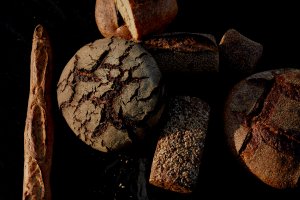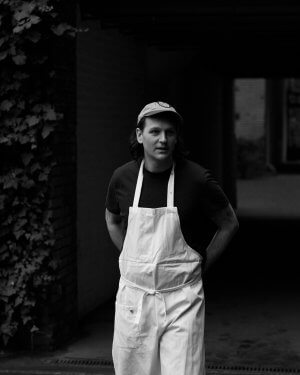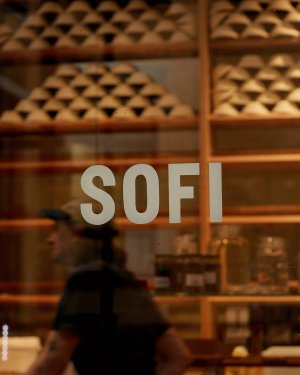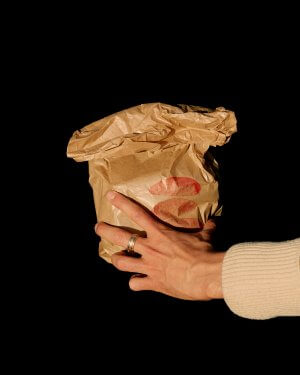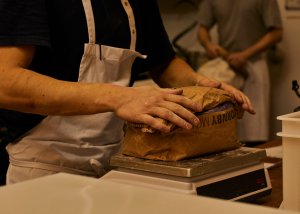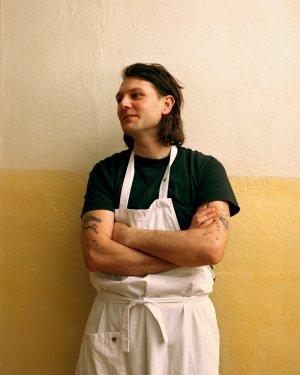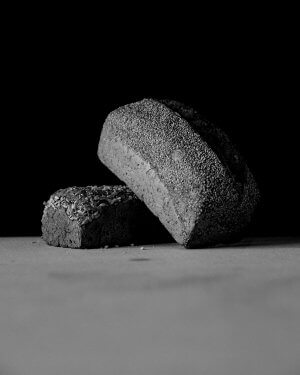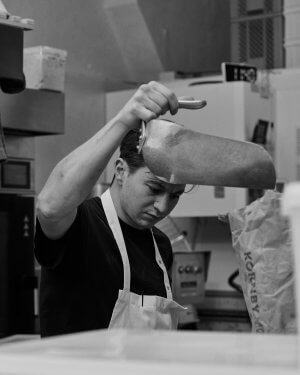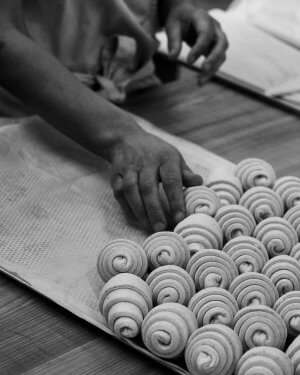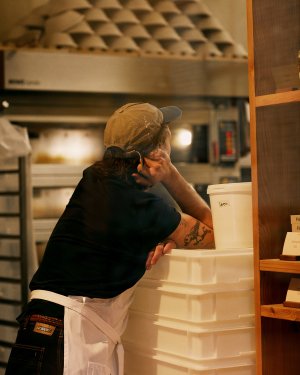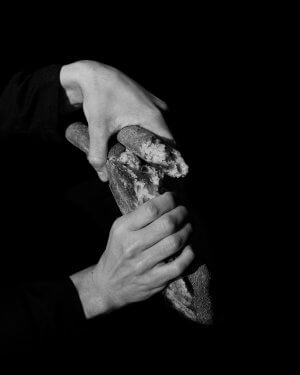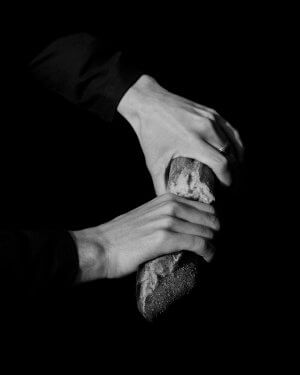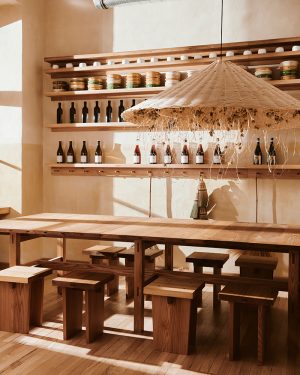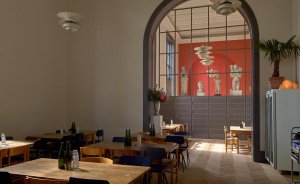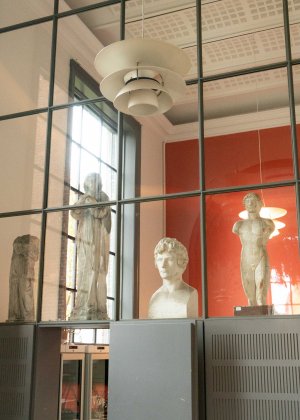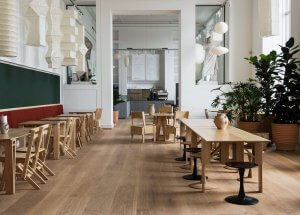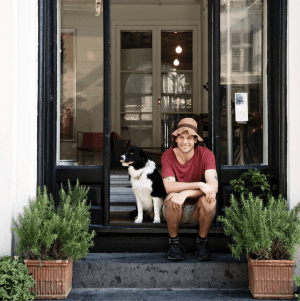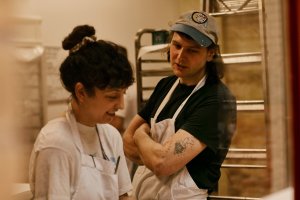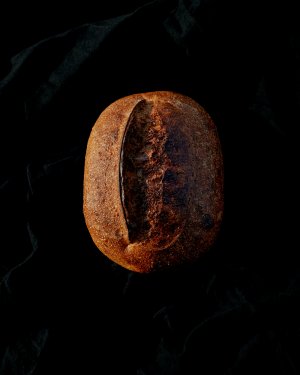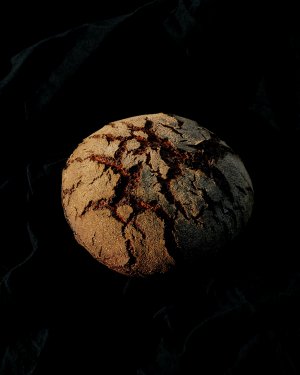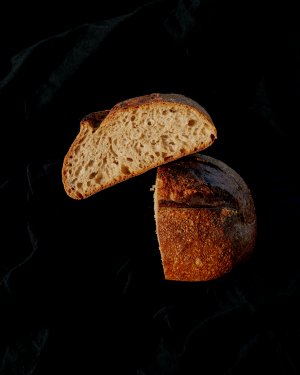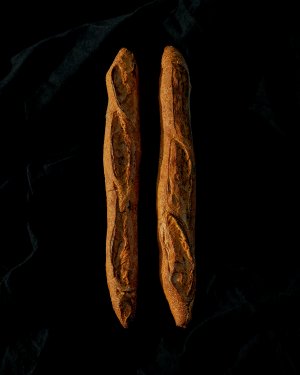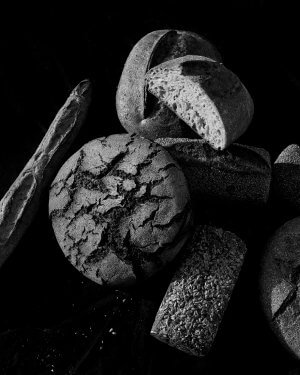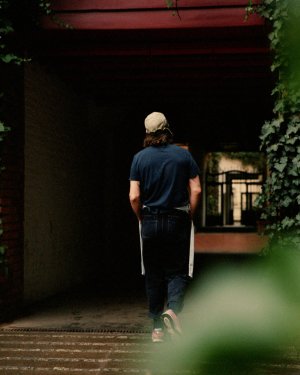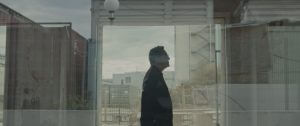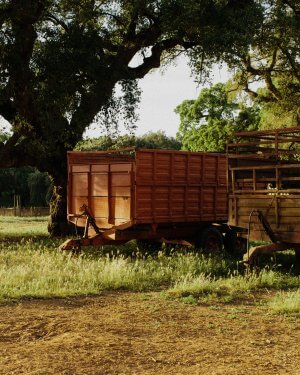Slowness Did you leave the culinary world at that point?
FBB No, I moved to London and I started working in restaurants. I worked at Nobu. I worked with Pierre Garnier, and it was good. I learned a lot. But when I look back on that time, I totally lost respect for the craft. I just had absolutely no trust in this type of industry. I felt like I was way too fragile and what I represented was not accepted at all. It was more like being in the army. And if there's one thing I never wanted, it was to go into the army. And then while I was in London, I became really inspired by this generation of new ravers. Back then it was absolutely super freakish, post-Boy George. I was questioning, what is my sexuality? Can I wear woman's clothes? Can I wear leggings as a man and all these things? I just thought it was so exciting because it was kind of a rebellion against normality.
Slowness That's when you started throwing raves yourself, right?
FBB I was always really amazed by parties. My friends and I did raves on trains and stuff like that. I returned to Copenhagen, and at that time there were some very interesting players there, a female DJ called Djuna Barnes who recently passed away. She was a feminist lesbian from the squatter community. I started going to these parties and she was playing and I would join her. She taught me to DJ and eventually we did an underground club that would move around to different locations. And all of the sudden, I was creating something.
Slowness And then you eventually began touring as a DJ and started the record label Tartelet.
FBB Yeah, at that time, there was more money and it was fun, but it was also super unhealthy. I slowly got more and more worn out at a point where it became simply too unhealthy, and I just snapped. I was playing at Sonar with a couple of friends, and we did acid and I was completely gone. This type of trip like "Fear and Loathing in Las Vegas." And I woke up two days later and I was like, "What happened to me?" There was someone lying next to me. There was someone banging on the door. I was being thrown out of my hotel, and I was super ill. I had been playing the night before in Berlin at Bar 25, and I think I caught some kind of infection there in the caravan. I got really, really sick. I don’t know what it’s called in English but in Danish it’s called "sheep’s disease." You get it as a child, but when you get it as an adult, it's terrible.
Slowness Yeah, sounds like time to pivot! Where did you end up?
FBB Eventually I came back to the core of getting healthy and feeling better and wanting to become something. I started working, and the only thing I knew other than partying was how to cook, but I didn't have any self-esteem when it came to this. So I started in a pizzeria making pizzas, and not a good pizzeria. And then eventually I got a job at a Park Inn near the airport. We only got busy when a flight was canceled, and then we were cooking for 400 Chinese businessmen. But I realized I actually like cooking. And I started doing small dinners, making food to sell in jars. I would drive around doing this, slowly getting an identity within food.
